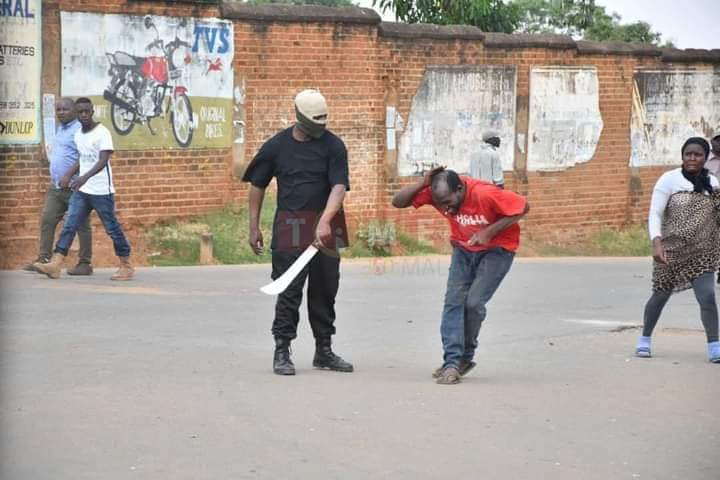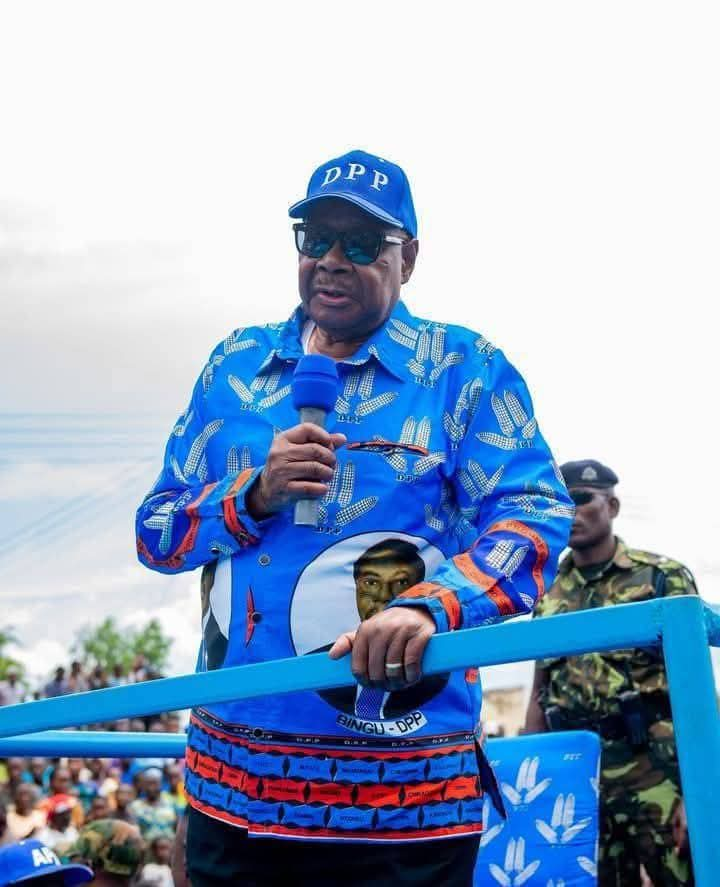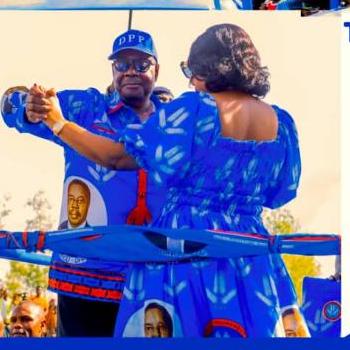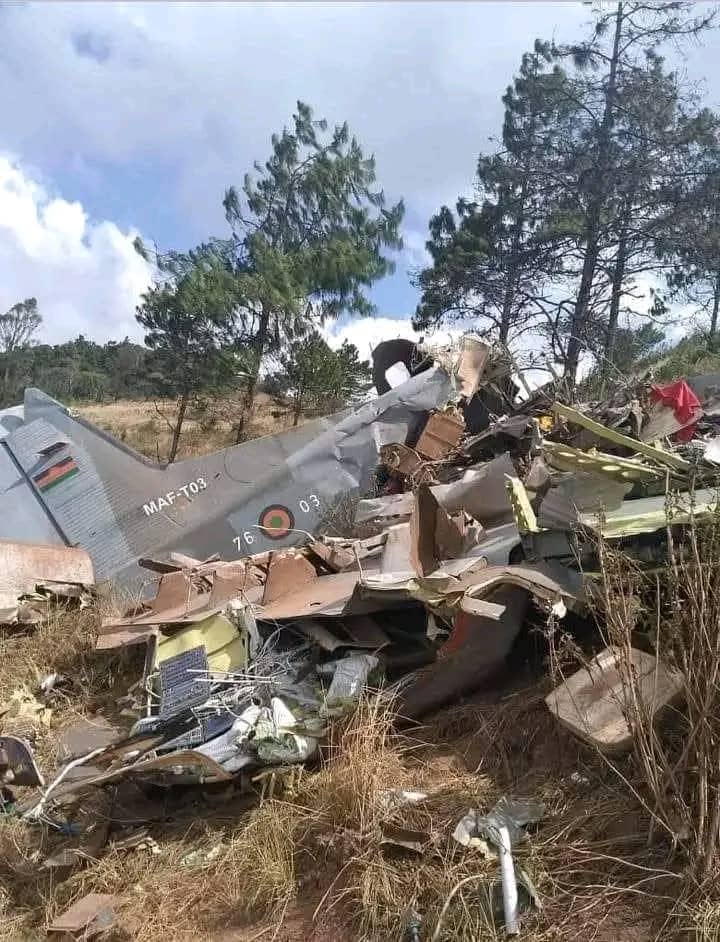By Burnett Munthali
The disturbing presence of armed men wielding panga knives on the streets of Lilongwe today, with the Malawi Police Service (MPS) merely observing from the sidelines, is a stark reminder of the dangerous breakdown in law enforcement in Malawi. The situation, which unfolded during the Wednesday opposition demonstrations, paints a clear picture of unprofessional conduct, raising serious concerns about the ability and willingness of the MPS to uphold the rule of law and protect the rights of citizens.
What is even more troubling is that these armed men, apparently operating with impunity, were allowed to carry out their disruptive activities unchecked, forcing people to disperse and preventing peaceful protestors from voicing their concerns. The police’s passive stance is not only troubling but a dangerous sign of how organized crime and political thuggery can thrive when law enforcement fails to act.
A case of organized crime by the MCP Government
The sight of men armed with pangas and allowed to roam freely, especially in the context of political demonstrations, points to what can only be described as organized crime under the MCP government. It appears that political violence is becoming a tool of intimidation and control, deployed to quash any form of dissent. This kind of conduct, where political opponents or peaceful demonstrators are met with violence, is not only a violation of the public’s right to protest but an alarming indicator of a regime that has little regard for democratic freedoms or the rule of law.
- Malawi Relief Funds UK Drills 12 Boreholes in Dowa, Bringing Safe Water to Over 300 Households
- Namalomba says Mutharika’s government wants closure of Chilima’s death
- Onjezani Kenani expresses concern over Amaryllis Hotel overpriced sale
- Florence Mwangi to Speak at Global Protocol & Diplomatic Network Summit 2026
- Malawi First, People Power Movement Dismiss Corruption Claims Against Frank Mbeta
This violence is not isolated. A similar attack, reportedly by the same men in uniform, took place at Mbowe Filling Station. Once again, the MPS stood by, allowing criminal acts to unfold in broad daylight. The message sent by the inaction of the police is clear: certain political factions appear to have the protection of the state to carry out unlawful actions without fear of consequences.
The MPS has proven time and again that it is either unwilling or unable to act impartially when it comes to maintaining order in politically sensitive situations. This lack of professionalism further fuels the perception that the police are more concerned with serving political interests than protecting the safety and rights of the people they are sworn to protect.
A similar attack in Mponela
The same brand of lawlessness was witnessed in Mponela, where AFORD was attacked in an almost identical manner. Just a stone’s throw from the Mponela Police Station, armed assailants went unchecked, causing havoc and intimidating citizens. This incident, like those in Lilongwe, raises serious questions about the MPS’s role in safeguarding public order and its ability to prevent political violence. How can the public have faith in law enforcement when violent acts are allowed to continue under their watch, often with the apparent backing of those in power?
Conclusion
The unprofessional conduct displayed by the Malawi Police Service in the case of the Wednesday demonstrations, and in several other instances, is deeply concerning. The failure of law enforcement to intervene in incidents of political violence is not just a matter of unprofessionalism—it is a fundamental breakdown in the functioning of democracy and the protection of human rights in Malawi.
The MPS must urgently reassess its role in ensuring public safety, especially during times of political unrest. There must be accountability for the actions of police officers who stand by while violent, unlawful activities take place. A police force that is complicit in these activities, whether through inaction or active participation, undermines the trust that the public has in the state’s ability to protect them.
Malawians must demand a professional, impartial, and accountable police service that upholds the principles of justice and democratic governance, free from political influence. The public cannot afford to live in fear of political violence, especially when those meant to protect them are turning a blind eye. Only then will the rule of law be restored, and democracy truly thrive.




